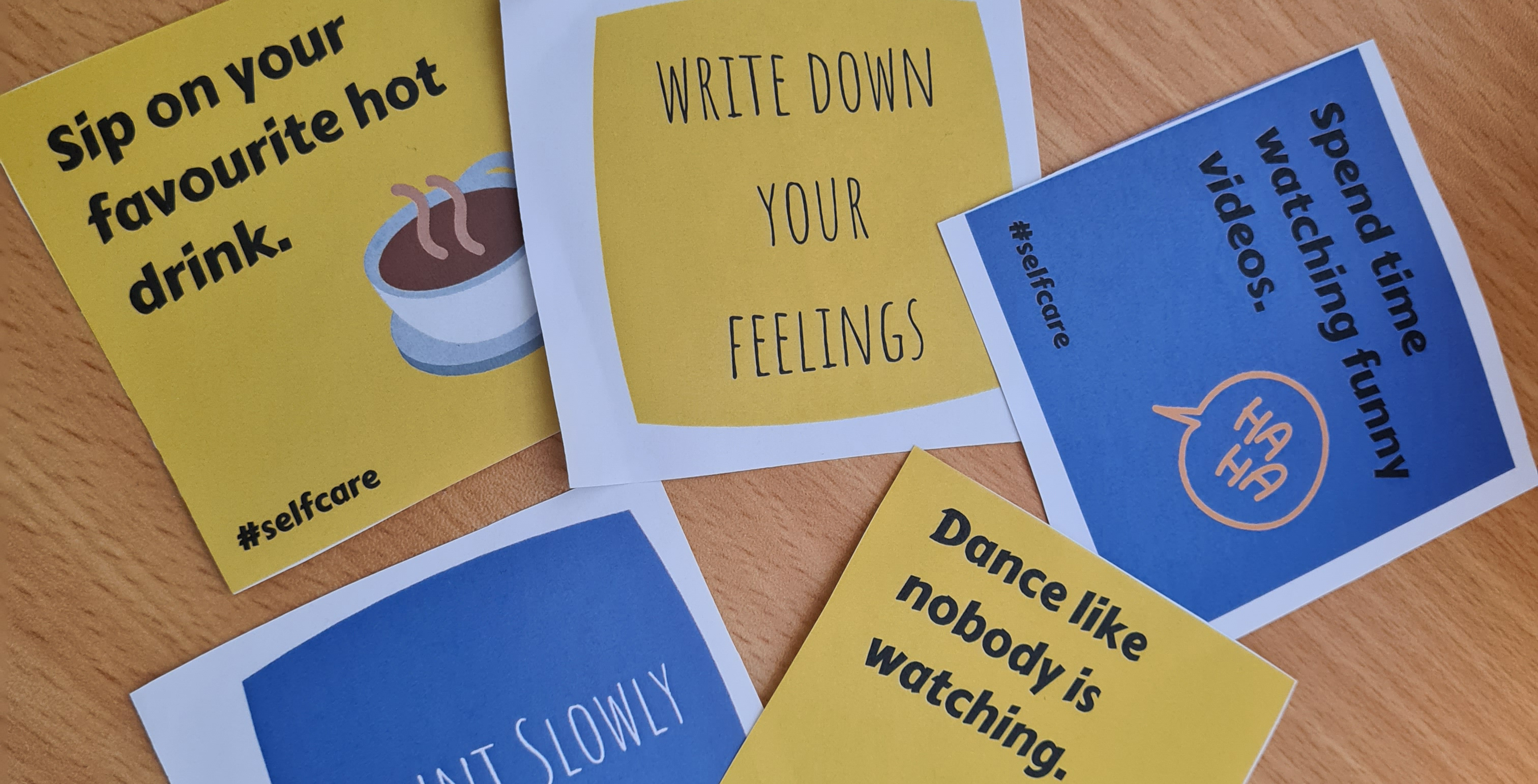
The Transition to High School, Dealing with Change program is an early intervention and prevention initiative of Pulse Youth Health South. The program was delivered in partnership with a Department of Education School Health Nurse.
Two sessions were delivered to grade six students and one to their parents. The sessions aimed to build those life skills that are protective to mental health particularly during periods of change or uncertainty.
The project is new and has been delivered within two local schools. Due to its success Pulse Youth Health South plan to extend the program to other schools.
Why did you develop your project?
- Staff at Pulse Youth Health South were frequently seeing Grade 7 students that were finding it a challenge to manage change.
- It was noted that there was a gap in support available to assist young adolescents build the life skills needed to resiliently manage life changes such as transitioning to high school.
- Evidence suggests that young people’s vulnerability is increased during key transition points (such as moving to high school).
What did you do? What worked well?
- A partnership was formed with a local School Health Nurse to deliver sessions to grade 6 students. Separate information sessions were run for parents to empower them to support their children manage change.
- The sessions provided information and skills for managing change. Discussions focussed on the circle of control, understanding adolescent development, celebrating and embracing change, identifying strategies for dealing with challenges, emotional regulation, and providing information on support services and resources.
What did not work so well? What lessons were learned?
- It was a challenge to get parents to attend the information session. In future our team will work with schools to look at different ways to engage with parents.
What did the project achieve? What’s the outcome, or impact?
- The sessions allowed young people to talk about their shared anxieties in relation to transitioning to high school. This helped normalise these feelings.
- The program reinforced other self-development and positive psychology work that had been happening in the schools.
- The success of the sessions will see the program continue and expand to other schools.
How are the principles of Working in Health Promoting Ways reflected in your project ?
Evidence Informed Practice
The information shared is well established evidence and draws on adolescent development and Dialectical Behaviour Therapy (DBT). DBT helps people build skills in mindfulness, distress tolerance, interpersonal effectiveness, and emotional regulation. The program is being evaluated and the results will be shared
Supportive environments
Having teachers attend sessions and engaging with parents meant that the messages shared were reinforced and young people were better supported in their classrooms and homes to build their skills.
Engaging people
Parents and teachers were engaged in the program. The sessions actively engaged young people in developing their own coping strategies.
Partnerships
Partnerships were formed with the Schools’ Principals and Support Services Team. Parents were engaged as key partners with the aim of empowering them to support their children through their transition to high school.
Health and education services worked together to deliver the program.
Determinants of health
The program aimed to build on those life skills and social supports that are known to protect mental well-being and determine health outcomes.
Systems change
The schools that participated are looking at how they can incorporate greater emotional support into their transition to high school programs.
How has working in health promoting ways benefitted your team? And helped your clients?
The program has addressed an identified need that we were seeing amongst a number of grade seven students. The program benefits young people by intervening early and equipping them with the skills needed to address the challenges associated with transitioning to high school.
The program delivery is sustainable as it has been developed so anyone within the Pulse Youth Health team or the School Support team can run the sessions.
A Working in Health Promoting Ways (WiHPW) inspiring story
Inspiring Health Promotion: Our Stories plans to showcase and share good examples of health promotion and prevention.
We hear great stories of staff working in health promoting ways and know that better practice happens when we share what works.
Contact us if you've got a story to share or want to know more